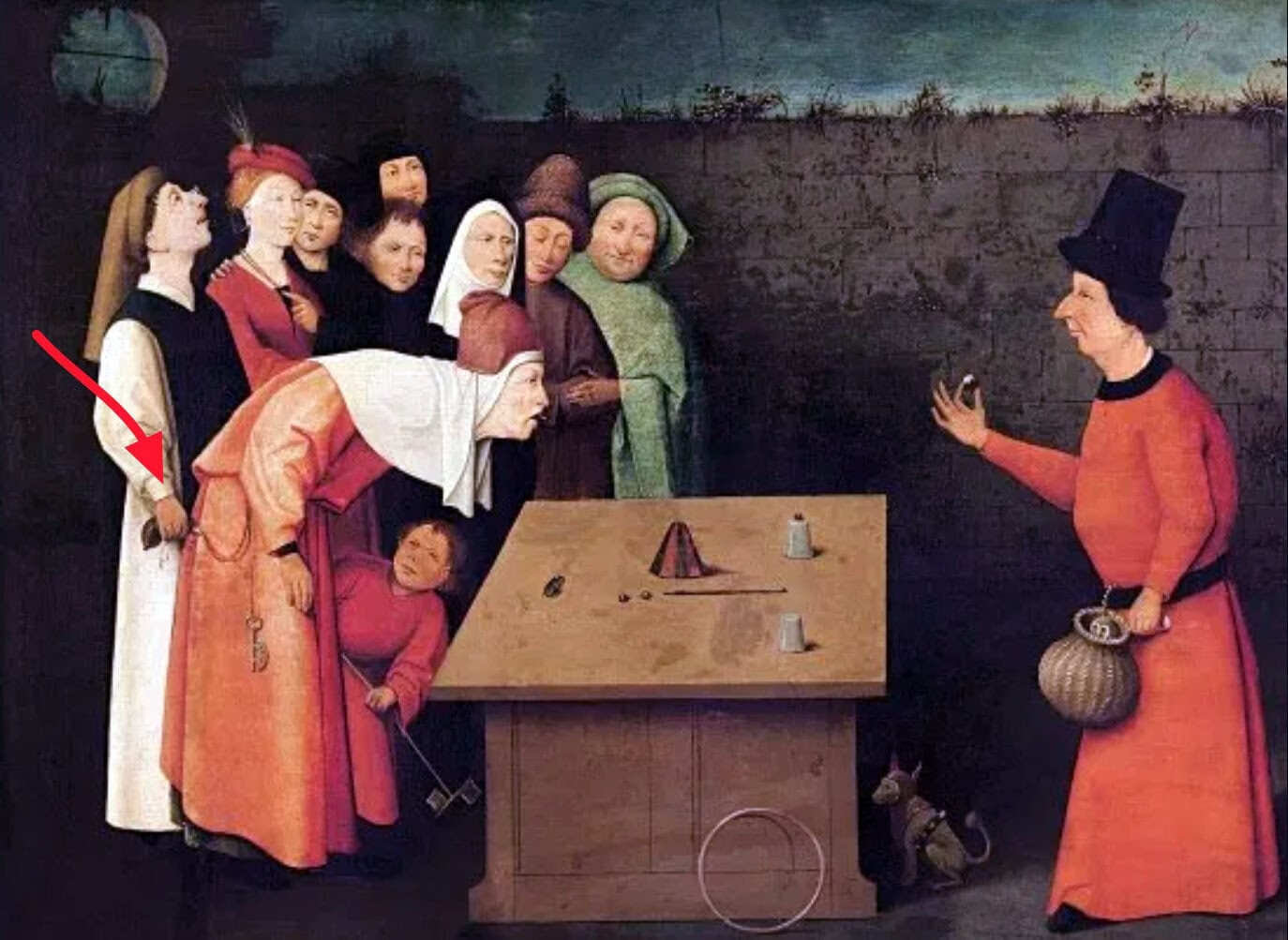15 types of magicians
Some of the following titles, though colloquially are synonymous with “magician,” to professional magicians like zoom magician Jon Finch, these terms have precise meanings. Just as there are different types of magic tricks, there are different types of magic entertainers.
“The best virtual magic show I’ve seen!”

A taxonomy of trickers: magic’s varied practitioners
MANIPULATOR
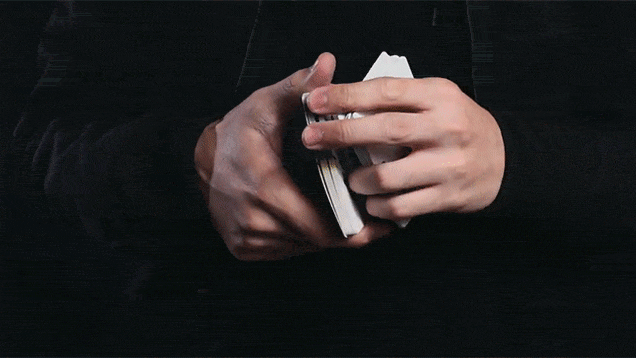
The Manipulator does not manipulate people. He manipulates playing cards using cardistry—the performance of card flourishing. While many magicians—including card magicians—strive to appear clumsy and inept (to rule out the sleight-of-hand explanation and thus render the effect more “magical”), a manipulator openly displays his technical skill.
ILLUSIONIST
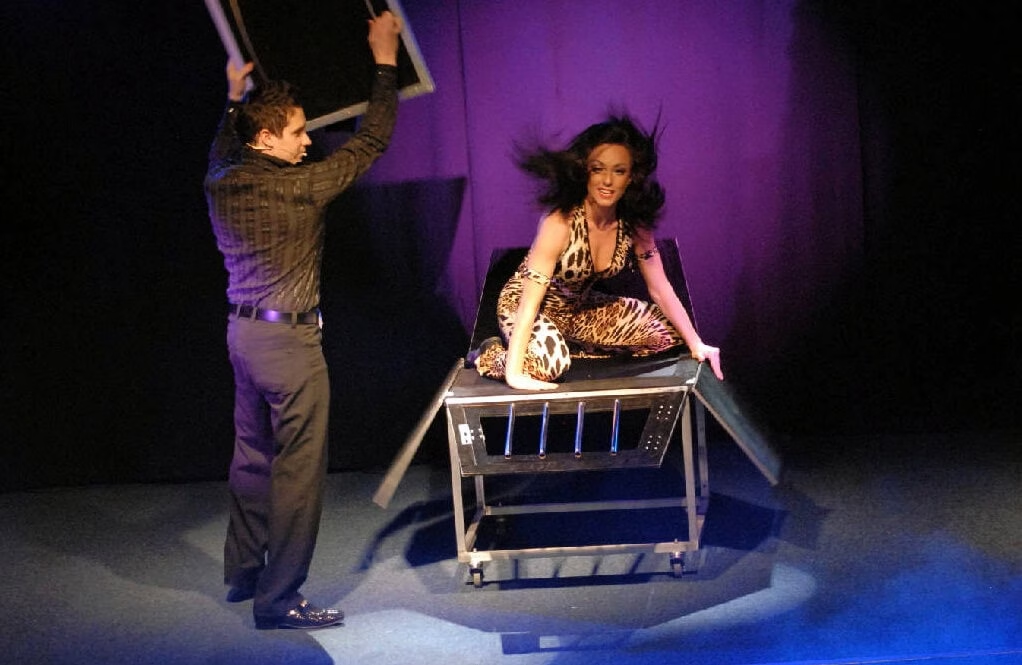
An illusionist performs large-scale illusions on stage; this involves large boxes, smoke and mirrors, and a lovely assistant. Famous illusionists include Siegfried & Roy and David Copperfield.
MENTALIST
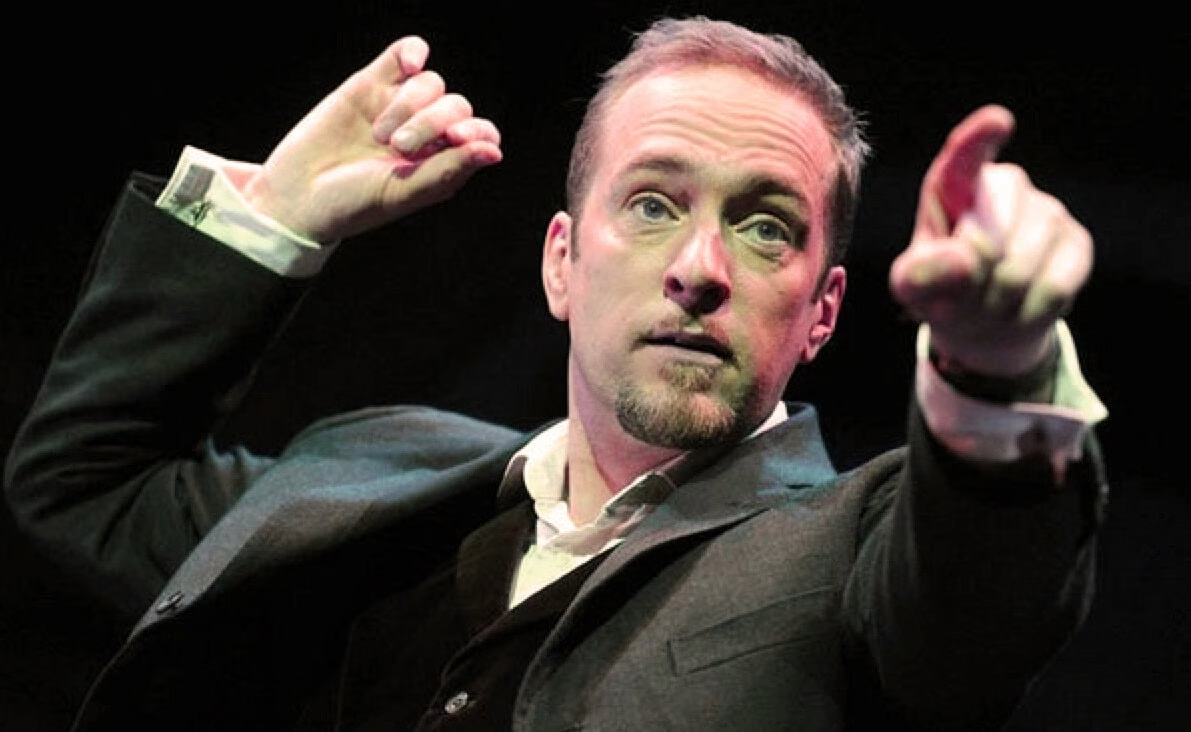
A mentalist is a type of magician who practices mentalism — the techniques of magic to demonstrate feats which look like extraordinary mental ability. The most successful mentalist of our time is unquestionably Derren Brown.
DOVE MAGICIAN
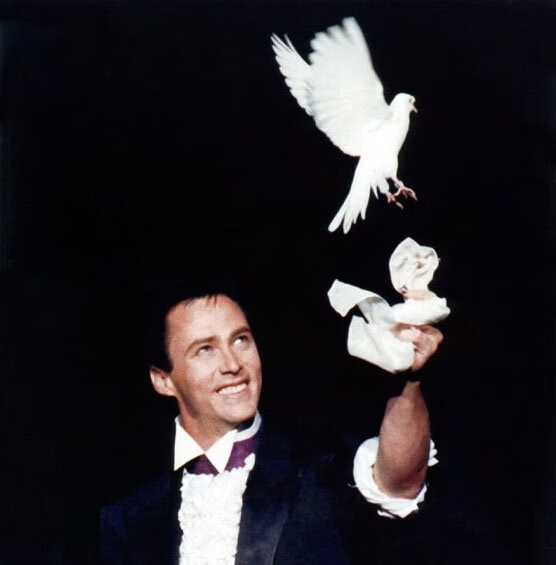
The dove magician produces doves.
STREET MAGICIAN
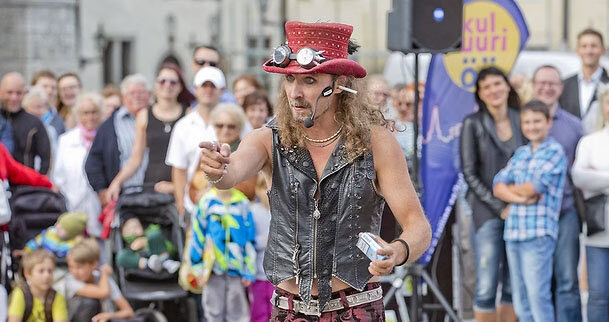
When you think of “street magician,” David Blaine probably comes to mind. A casual, hip, understated persona usually describes street magicians (since Blaine popularized it in the 90s). But did you know, before David Blaine, Harry Anderson and Penn & Teller were street magicians? The latter sort of street magician is louder. This sort of street magician does not quietly walk up to one or two people to perform some cool card tricks. Instead, the traditional street magician’s intention is to draw a crowd (by any means, such as banging together a set of linking rings), conduct a short performance, then pass the hat for tips.
BIZARRIST
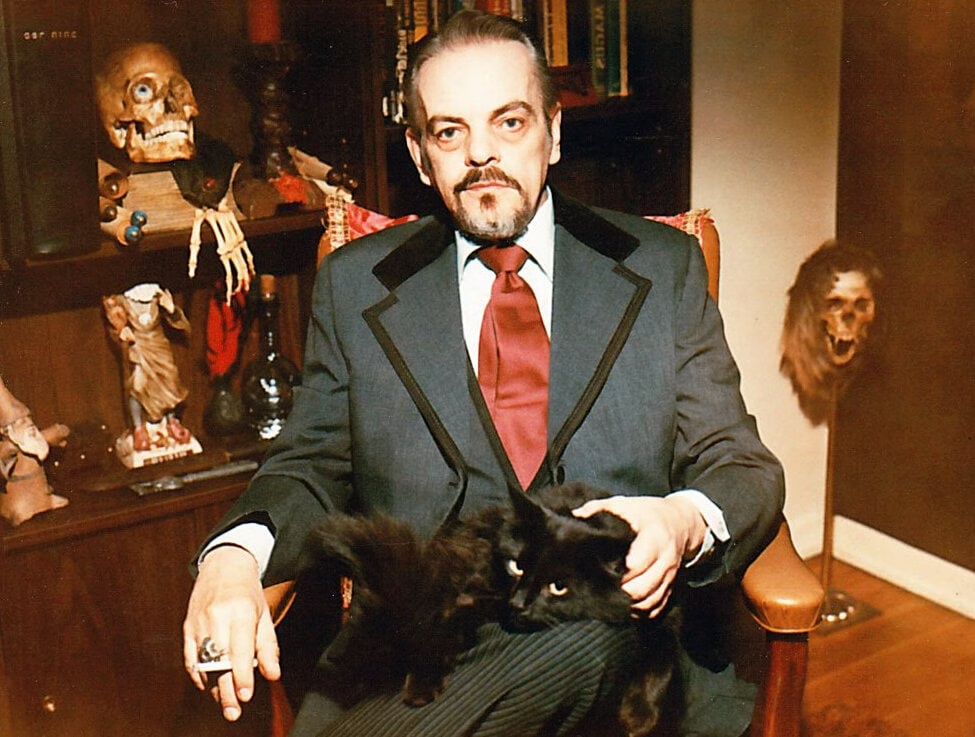
The Bizarre Magician performs magic that approximates what it might be like, emphasizing the “magic” more and the “entertaining” less. Imagine a poet with a candle and a crystal ball. That’s a bizarre magician. He doesn’t aim for laughter or applause. He aims to shake your sense of reality. The Bizarre Magician’s performing persona and regular life persona are identical. After the show ends, he maintains the façade.
ESCAPE ARTIST
The escapologist or “escape artist” is a magician who extricates himself from tight spots, such as straight jackets and locked chests. The most famous magician of all time, Harry Houdini, was an escapologist.
GEEK MAGICIAN

The Geek Magician shocks the audience with gross sideshow stuff, like hammering a nail into his nose, swallowing razor blades, etc. The image shown here is David Blaine,. He’s not a geek magician, but I didn’t want to shock you much I chose this image.
COMEDY MAGICIAN
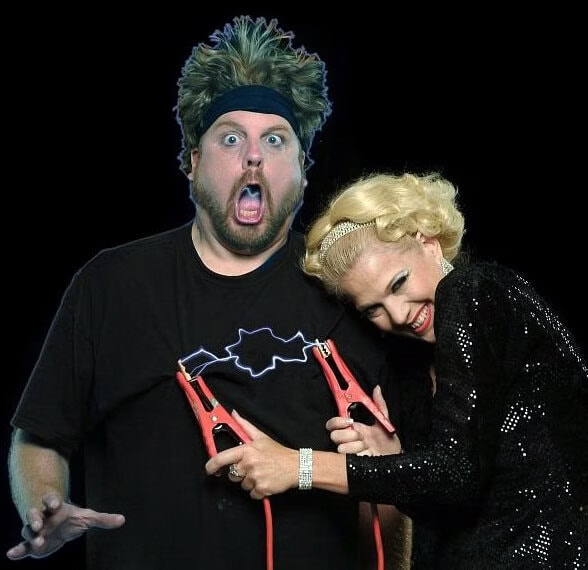
The Comedy Magician emphasizes the humor more than the magic. The magic serves the entertainment—not vice versa. In some cases none of the magic tricks work. Notable funny magicians are The Amazing Johnathan, Penn & Teller, Mac King, and Tommy Cooper.
QUICK CHANGE MAGICIAN

The quick change magician, such as Sos & Victoria Petrosyan, magically change costumes in an instant.
GOSPEL MAGICIAN

The gospel magician evangelizes to children by integrating a sermon into an entertaining magic show.
CORPORATE MAGICIAN
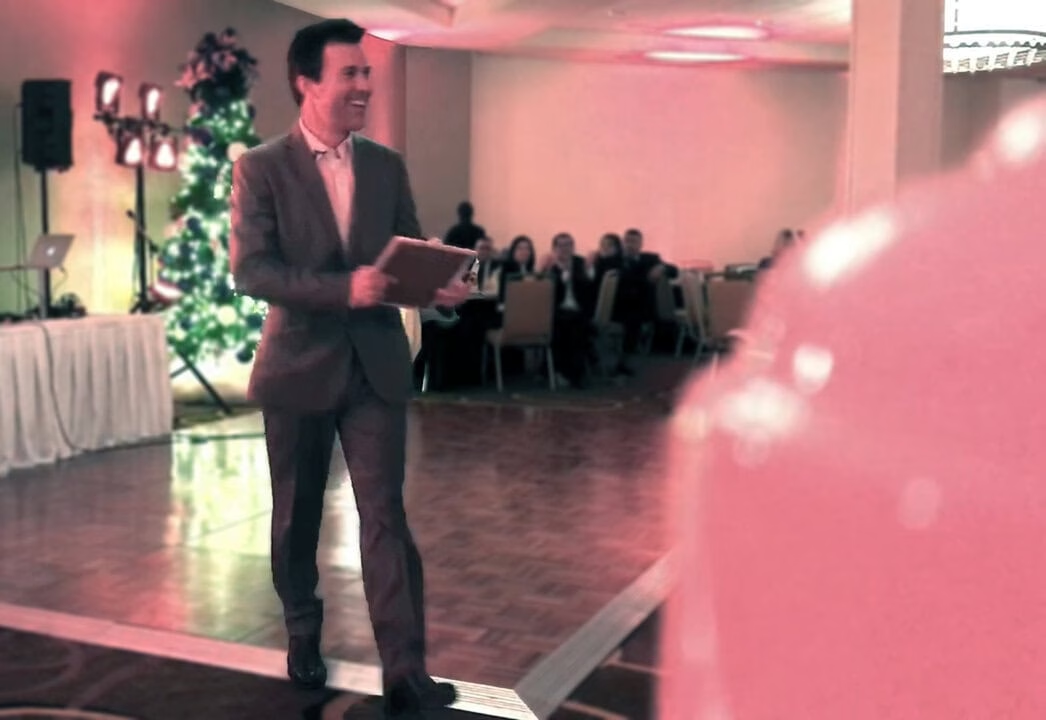
Many corporations employ a magician to show appreciation to their clients and/or employees. A magician is one of several fun ways to entertain clients and one of the most popular client appreciation event ideas. In many cases, the magician is paid not with the entertainment budget, but with the marketing budget. This is true for the trade show magician. The corporate magician presents at product launches, meetings, team building and team bonding events, and conferences.
CHILDREN’S MAGICIAN

Performed at elementary school assemblies, libraries, preschools, and birthday parties, the children’s magician tailors his magic show for children. Because children cannot comprehend the difference between possible and impossible, and don’t appreciate cause and effect, these magic shows use magic as a premise for comedy.
PICKPOCKET
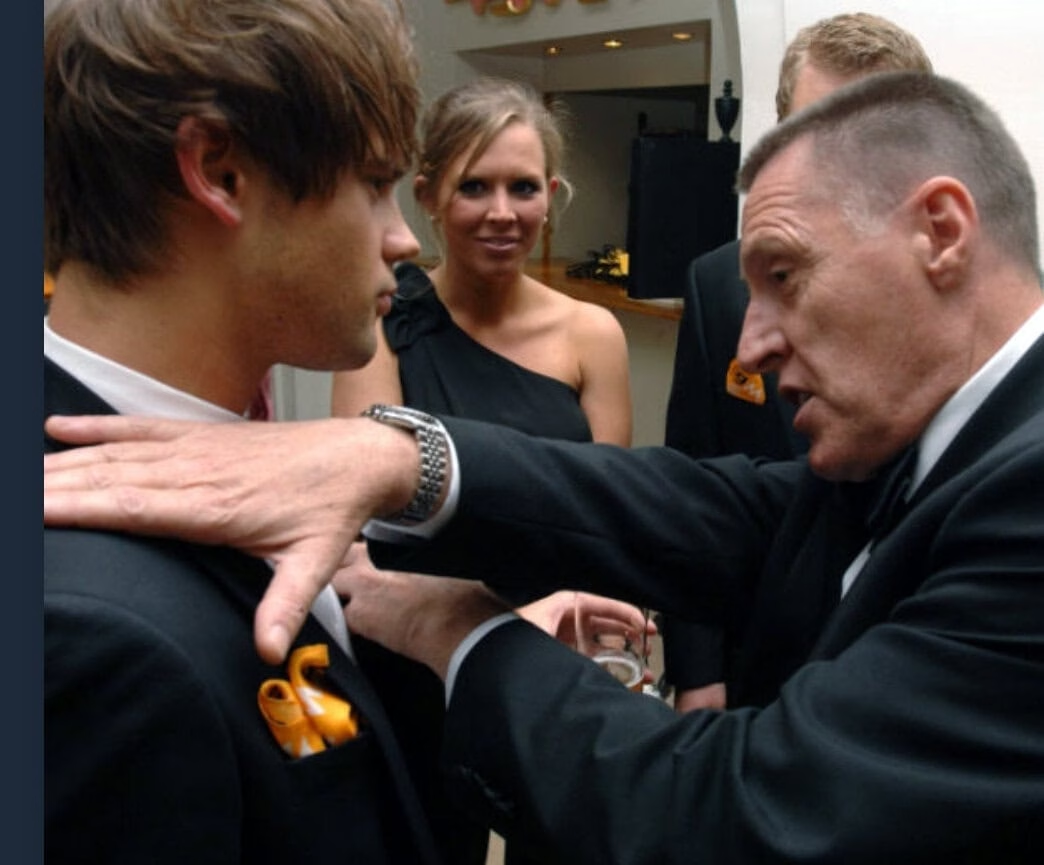
As the pickpocket magician removes wristwatches, billfolds, and even neckties from the onstage volunteers, he uses magic to misdirect the participants from their personal effects being lifted. Pickpocketing and magic have a long history. As you can see in this old painting, as the magician arrests the audience’s attention by performing the Cups & Balls, the magician’s partner pickpockets the onlookers.
